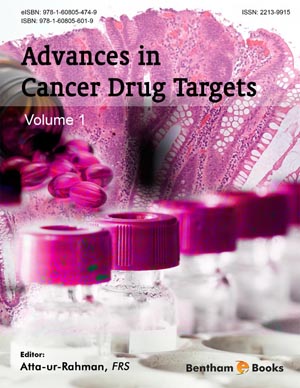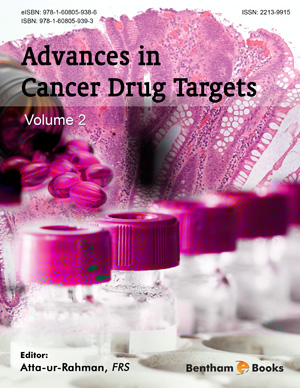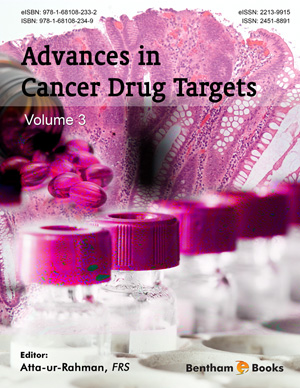Abstract
Liver cancer is an aggressive malignancy developed in the liver. Hepatocellular carcinoma (HCC) is the predominant form of liver cancer worldwide. The prognosis of HCC patients remains poor even with the evolving development on technologies for disease diagnosis, prognosis and treatment. New methods to improve the management of HCC patients should be implemented. Cell cycle deregulation is one key mechanism leading to HCC. Cyclin E is a cell cycle molecule regulating G1 to S phase transition of the cell cycle. The prominent cell cycle regulating function of cyclin E has signified its involvement in HCC when its activity is deregulated. This chapter summarizes the current research on cyclin E in HCC and with a special focus on its underlying, well-studied downstream mechanism involving retinoblastoma-E2F transcriptional factor network. Lastly, research on the potential use of cyclin E for HCC prognosis and treatment is also highlighted and discussed.
Keywords: Cell cycle, Cyclin E, Cyclin E1, Cyclin E2, Cyclin-dependent kinase 2, Drug, E2F, Liver cancer, Marker, Overexpression, Prognosis, Retinoblastoma, Therapy, Treatment, Tumorigenesis.






















